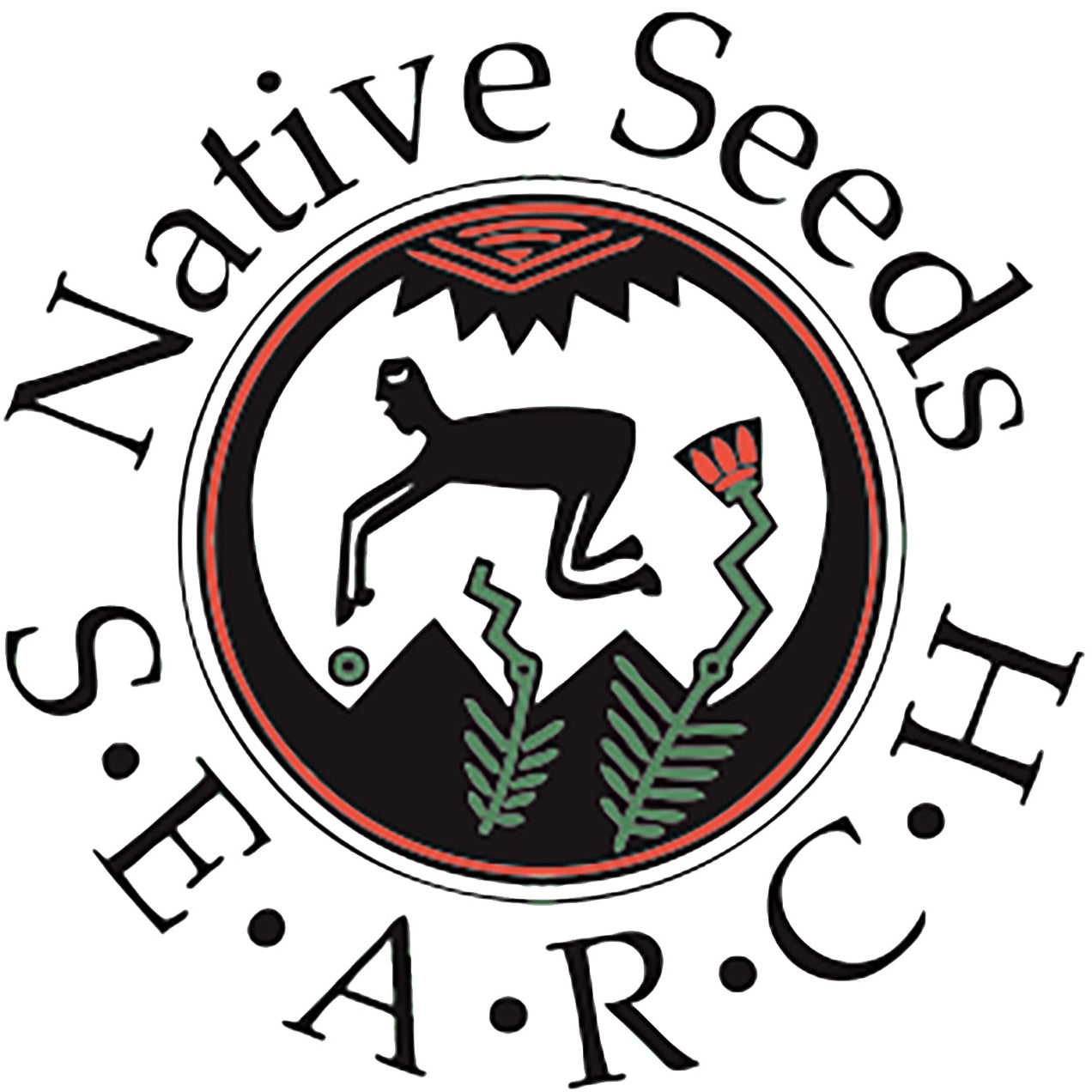It used to be that families stewarded their own seeds, saving and selecting from year to year. If you have rural roots, you probably wouldn’t have to go back more than a few generations to find this practice in your own family. But things have changed. Since the 1950’s the seed trade has become big business, and over time most gardeners have become seed consumers rather than seed savers. That’s good for business. But Native Seeds/SEARCH is not a seed-selling business, it is a non-profit with the mission of conserving endangered aridland seeds.
We make seeds available to gardeners and farmers with the idea that growing the crops and enjoying the harvest will encourage them to value and conserve these rare resources. We know that many people do, and that’s fantastic. Yet most do not take the next step of saving their seeds from year to year, and so the work of conservation ends in their gardens.
Seeds are an endlessly renewable resource … but only if we do our part. Domesticated seeds need humans to nurture their plant-parents to their seed-bearing stage, to harvest mature healthy seed at the right time and to carefully process and store the seed for sharing or re-planting. When we don’t fill this role, all the future potential of the seeds we plant comes to an end. The plants may nourish our bodies and feed our compost piles, but there will be no more future generations for those seeds. When the seeds are rare, each of those little endings is a lost opportunity.
Buying seeds from NS/S supports our mission and we appreciate it immensely. But if our small non-profit and just a few partners are the only ones saving this priceless collection of seeds from year to year, we can’t keep up. We can’t grow all these seeds often enough to keep them fresh and healthy, and give them a chance to adapt to the changing climate. We need more partners in the work of conservation, more people who save their own seed from year to year. Won’t you join us?
It’s not hard … Just pick a crop to start with. Some are super easy, because you don’t have to worry very much about cross pollination and you don’t need a large population of plants. Our info sheet Practical Guide for Saving Seed in Small Gardens lists those that are easiest, including beans, peas, okra and chiles. You can find lots more general information about seed saving on our website here. Or if you’d like detailed information specific to over 30 different southwestern crops, pick up our spiral bound booklet Saving Seeds in The Southwest for great guidance. If you are ready to commit to saving seeds but want more social support in doing so, consider our Partner Gardener Program, where you and your Seed Team members all grow and save the same variety in your own gardens, support each other through social media, and then return part of your harvest to NS/S to help increase seed stocks. Now THAT is participating in conservation work! Become a seed-saver and join us!